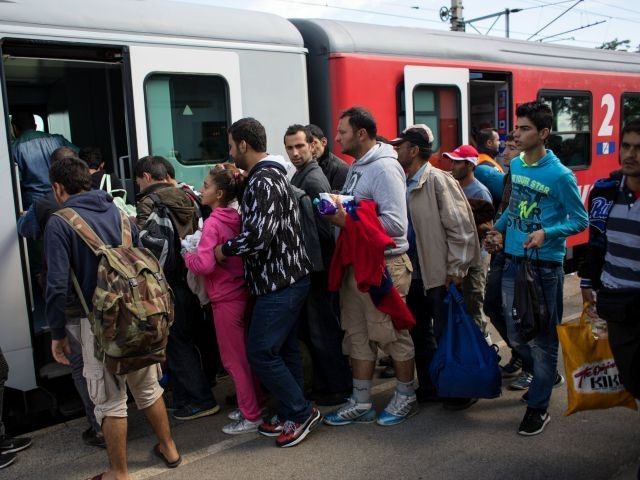VIENNA/MUNICH, Sept 7 (Reuters) – Austria said on Sunday it planned to end emergency measures that have allowed thousands of refugees stranded in Hungary into Austria and Germany since Saturday and move step by step “towards normality”.
Austria had suspended its random border checks after photographs of a Syrian toddler lying dead on a Turkish beach showed Europeans the horror faced by those desperate enough to travel illegally into the heart of Europe, which is deeply divided over how to cope.
After 71 people suffocated in the back of a truck abandoned on an Austrian highway en route from Hungary, and as thousands headed from Budapest towards Austria on foot, Vienna had agreed with Germany to waive rules requiring refugees to register an asylum claim in the first EU country they reach.
Austrian Chancellor Werner Faymann said that decision was being revised following “intensive talks” with German Chancellor Angela Merkel and a telephone call with Hungarian Prime Minister Viktor Orbán, bitterly opposed to the waiver.
“We have always said this is an emergency situation in which we must act quickly and humanely. We have helped more than 12,000 people in an acute situation,” Faymann said.
“Now we have to move step by step away from emergency measures towards normality, in conformity with the law and dignity.”
Hungary laid on over 100 buses to the border on Saturday night after Austria said it had agreed to the emergency measures, to the relief of thousands of migrants and refugees stranded in Budapest after travelling through the Balkans and Greece, many of them fleeing civil war in Syria.
Others set off from a station to make the 170-km (110-mile) journey on foot. A platforms filled up again on Sunday.
Germany has said it expects to receive 800,000 refugees and migrants this year, and urged other EU members to open their doors. It decided to free up additional three billion euros ($3.35 billion) for federal states and municipalities to help cope with the influx, a joint statement by the ruling coalition said.
Read the rest of Michael Shields’ and Irene Preisinger’s piece here.

COMMENTS
Please let us know if you're having issues with commenting.